|
|
|
|
|
 «Beneath the Flames» by Brian Buch is a five movement work for chorus and orchestra based on the poetry of Taras Shevchenko and the folk music of Ukraine. Dedicated to the people and country of Ukraine, who have had to endure unimaginable hardships since the Russian invasion of their country. This is a recording of the premiere from Lviv on March 14th, 2024 by the KLK Symphony Orchestra under the direction of Ferdinando Nazzaro. «Beneath the Flames» by Brian Buch is a five movement work for chorus and orchestra based on the poetry of Taras Shevchenko and the folk music of Ukraine. Dedicated to the people and country of Ukraine, who have had to endure unimaginable hardships since the Russian invasion of their country. This is a recording of the premiere from Lviv on March 14th, 2024 by the KLK Symphony Orchestra under the direction of Ferdinando Nazzaro.
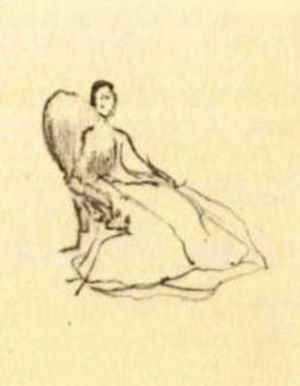 Taras Shevchenko's poem Taras Shevchenko's poem
Tsykl poeziy «V kazemati»
««Ne kydaj materi»,– kazaly...» /
««Ne kydaj materi»,– kazaly, a ty pokynula, vtekla...»
(««Не кидай матері»,– казали...» /
«Не кидай матері»,– казали, а ти покинула, втекла...)
In a prison cell, 1847.
Translated by Irina Zheleznova.
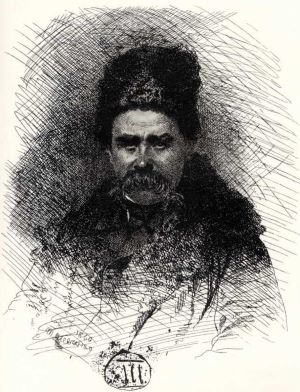 Taras Shevchenko's poem Taras Shevchenko's poem
«I mertvy`m, i zhy`vy`m, i nenarozhdenny`m zemlyakam moyim…» /
"I smerkaye, i svitaye, den` bozhyj mynaye"
(«І мертвим, і живим, і ненарожденним землякам моїм…» /
"І смеркає, і світає, день божий минає")
Vyunishcha, December 14, 1845.
Translated by Irina Zheleznova.
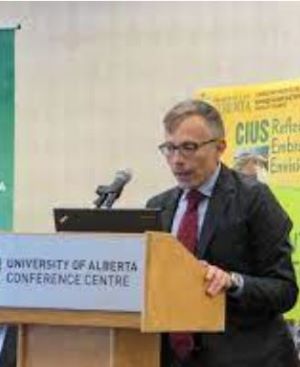 "“The Caucasus” is remarkably complex in its shifting rhythms and emotional registers. Moving from intimate, lyrical rumination, to grievances against divine and political authority, it employs biting political sarcasm and elevated prophetic ardor. The opening passage evokes the image of the mythical rebel Prometheus, eternally suffering at the claws of a ruler-sent eagle, yet indestructible in his vitality—a symbol of the undying pursuit of goodness, liberty, and humanity. In the sections that follow, the poet turns to the horrors of war and oppression and challenges both God and the world order. Mimicking the “superior” voice of the colonizer, Shevchenko exposes the brutality, avarice, and hypocrisy of Russian imperialism..." (Taras Koznarsky) "“The Caucasus” is remarkably complex in its shifting rhythms and emotional registers. Moving from intimate, lyrical rumination, to grievances against divine and political authority, it employs biting political sarcasm and elevated prophetic ardor. The opening passage evokes the image of the mythical rebel Prometheus, eternally suffering at the claws of a ruler-sent eagle, yet indestructible in his vitality—a symbol of the undying pursuit of goodness, liberty, and humanity. In the sections that follow, the poet turns to the horrors of war and oppression and challenges both God and the world order. Mimicking the “superior” voice of the colonizer, Shevchenko exposes the brutality, avarice, and hypocrisy of Russian imperialism..." (Taras Koznarsky)
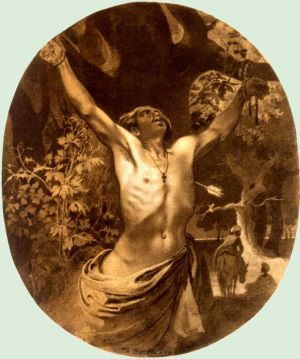 Taras Shevchenko, "The Caucasus" Taras Shevchenko, "The Caucasus"
"Kavkaz" / "Za goramy` gory`, hmaroyu povy`ti...
("Кавказ" / "За горами гори, хмарою повиті...")
Pereyaslav, November 18, 1845.
Translated by Alyssa Dinega Gillespie.
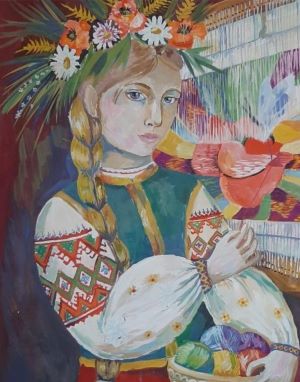 Taras Shevchenko's poem Taras Shevchenko's poem
"Divychii nochi" / "Rozplelasia husta kosa azh do poiasa"
("Дівичії ночі" / "Розплелася густа коса аж до пояса")
St. Petersburg, May 18, 1844.
Translated by Iryna Zheleznova.
 Taras Shevchenko' poem Taras Shevchenko' poem
"Prychynna" / "Reve ta stohne Dnipr shyrokyi"
("Причинна" / "Реве та стогне Дніпр широкий")
1837, S-Petersburg, (C.-Петербург)
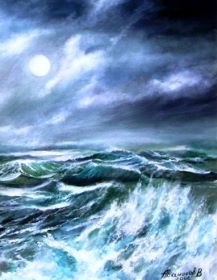 Taras Shevchenko's poem Taras Shevchenko's poem
"Prychynna" / "Reve ta stohne Dnipr shyrokyi"
("Причинна" / "Реве та стогне Дніпр широкий")
1837, S.- Petersburg, (C. - Петербург)
Translated by Irina Zheleznova.
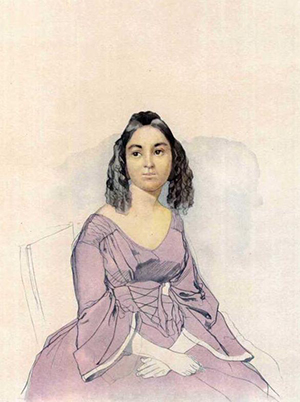 Taras Shevchenko, the poem "The Princess" Taras Shevchenko, the poem "The Princess"
"Kniazhna" ("Княжна"), поема
("Zore moia vechirniaia,
Ziidy nad horoiu..."
"Зоре моя вечірняя,
Зійди над горою...")
Orsk Fortress, 1847
Nizhny Novgorod,1858.
Translated by Olga Shartse.
WEAR YOUR SUPPORT FOR UKRAINE
WITH TARAS SHEVCHENKO!
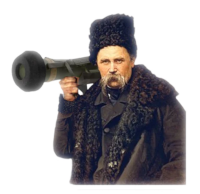 Saint Javelin project is a team of volunteers, fundraisers & Ukrainians living in Ukraine and abroad working together to fundraise for Ukrainian initiatives and organizations to support their work for humanitarian, first responder, medical aid and front line defender support. Saint Javelin project is a team of volunteers, fundraisers & Ukrainians living in Ukraine and abroad working together to fundraise for Ukrainian initiatives and organizations to support their work for humanitarian, first responder, medical aid and front line defender support.
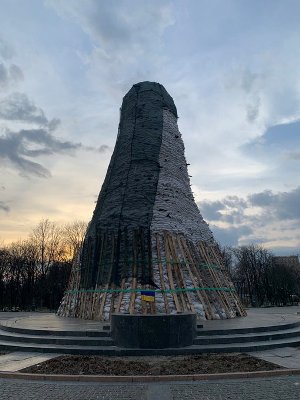
"sands of time run out
and yet they gather sandbags
to protect their poet:
he once shored up their language
against winds of destruction"
(Gabriel Rosenstock)
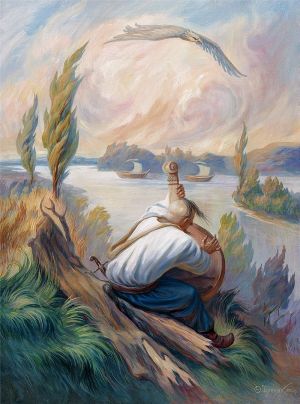 Taras Shevchenko, "Calamity Once More" Taras Shevchenko, "Calamity Once More"
"Mii Bozhe mylyi, znovu lykho!"
("Мій Боже милий, знову лихо!")
1859, S.- Petersburg (Санкт-Петербург)
(Translated by Gabriel Rosenstock)
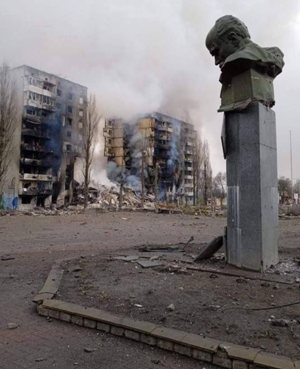 "Aware of a poet? "Aware of a poet?
Aware of a poet?
A poet of Cossack broods over the land.
Not noting a bullet.
Not noting a bullet.
You see a poet of Cossack in Borodyanka."
(Kurama)
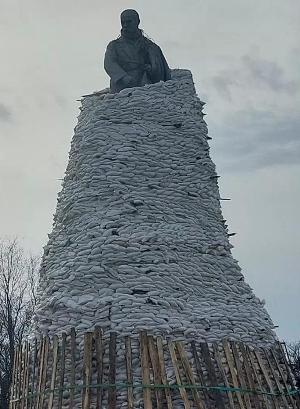
"A poet in Kharkiv is standing under bombs.
But a poet in Kharkiv is watching over the world.
Keep silent! Keep silent!
Sirens warn in Kharkiv.
But a poet in Kharkiv is a sign of a word."
(Kurama)
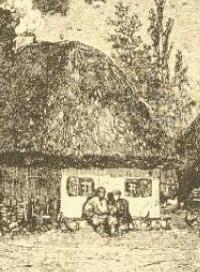 Taras Shevchenko, poem "Naimechka or The Servant" Taras Shevchenko, poem "Naimechka or The Servant"
"Naymychka" (Наймичка"), поема
("U nedilyu vrantsi-rano pole vkrylosya tumanom..." /
"У неділю вранці-рано поле вкрилося туманом...")
Pereyaslav, November 13, 1845.
Translated by Alexander Jardine Hunter
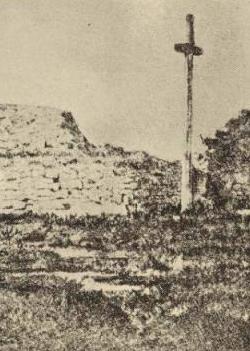 Taras Shevchenko, poem "My Testament" Taras Shevchenko, poem "My Testament"
"Zapovit" / “Iak umru, to pokhovaite”
"Заповіт" / "Як умру, то поховайте")
1845, Pereiaslav (Переяслав)
Translated by Alexander Jardine Hunter
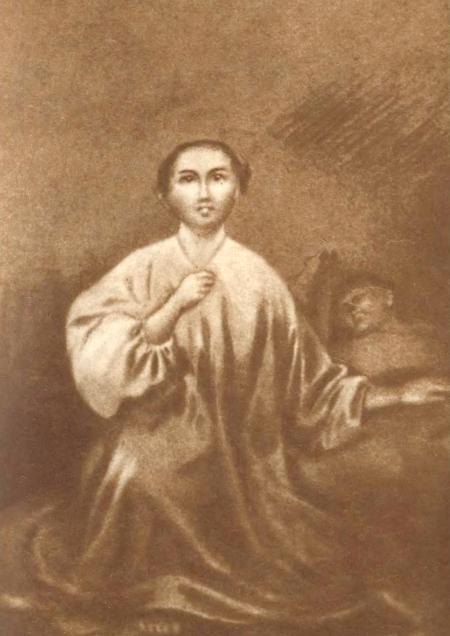 Taras Shevchenko, the poem "The Housemaid" Taras Shevchenko, the poem "The Housemaid"
"Naymychka" (Наймичка"), поема
("U nedilyu vrantsi-rano pole vkrylosya tumanom..." /
"У неділю вранці-рано поле вкрилося туманом...")
Pereyaslav, November 13, 1845.
Translated by Olga Shartse
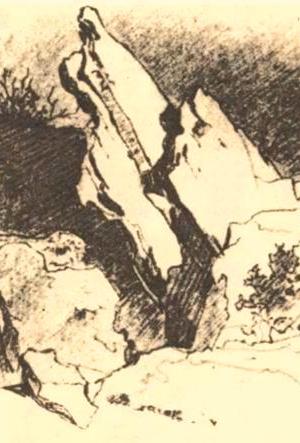 Taras Shevchenko, "The Caucasus" Taras Shevchenko, "The Caucasus"
"Kavkaz" / "Za goramy` gory`, hmaroyu povy`ti...
("Кавказ" / "За горами гори, хмарою повиті...")
Pereyaslav, November 18, 1845
Translated by John Weir
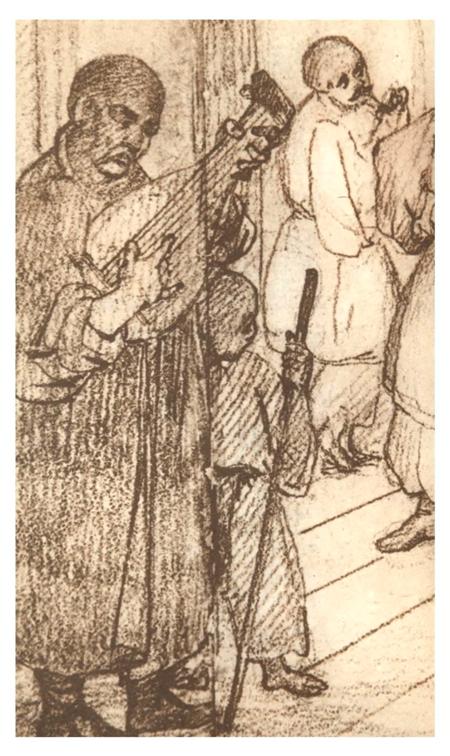
Poem of Taras Shevchenko
"Thoughts of mine, О thoughts of mine"
"Dumy moji, dumy moji, lykho meni z vamy!"
("Думи мої, думи мої, лихо мені з вами")
[1839, S.-Petersburg (Санкт-Петербург)]
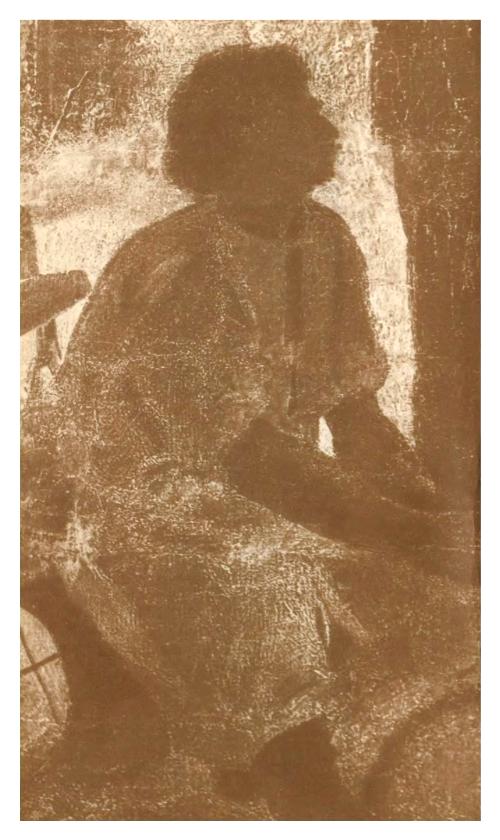 Taras Shevchenko's poem Taras Shevchenko's poem
"The Heretic" / "Bad neighbours came and sat afire"
("Єретик" / "Запалили у сусіда нову добру хату")
Village Maryinske, October 10, 1845
Translated by John Weir
Related tags:
|
|
|
|
|
|